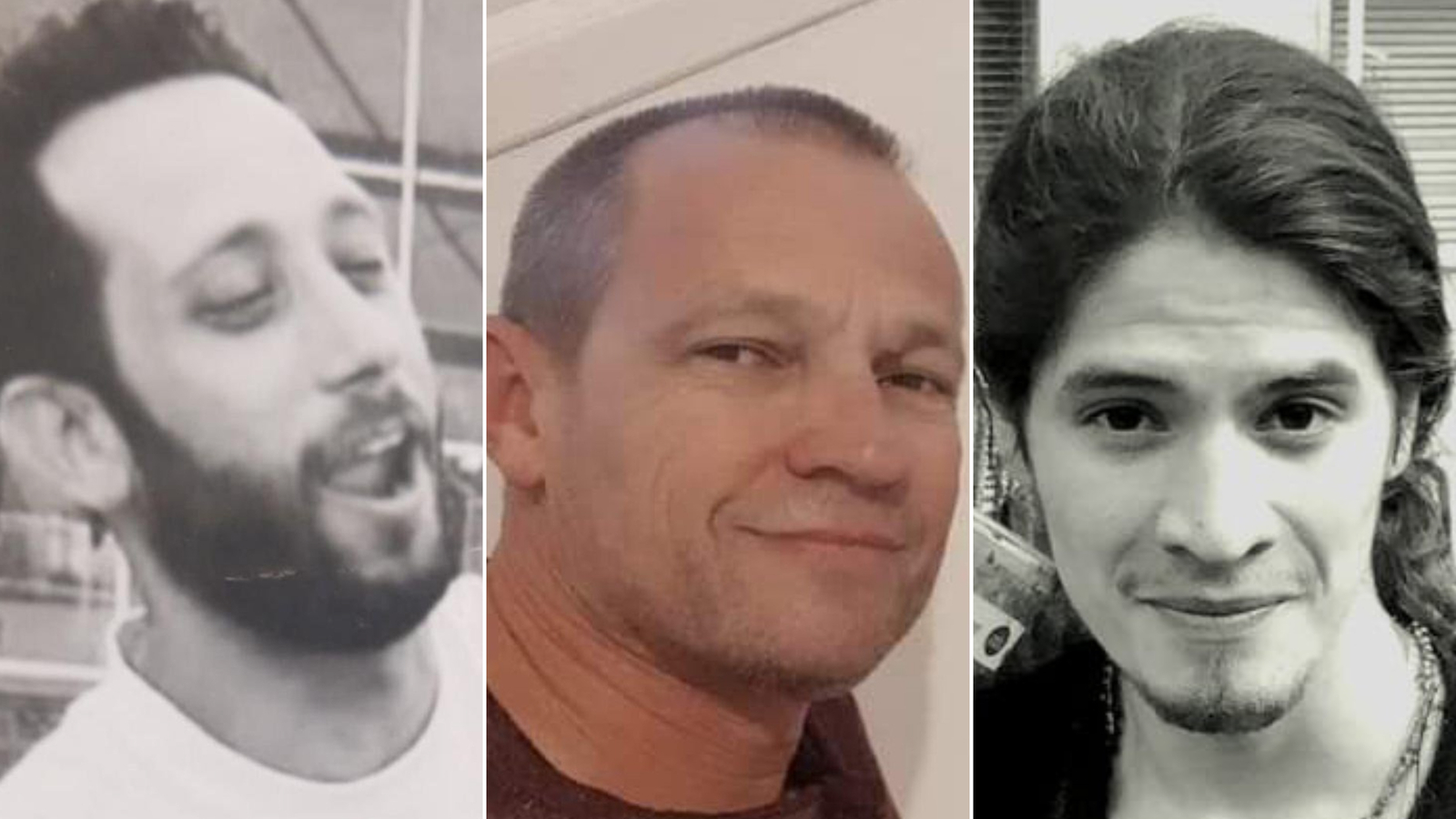They recover the bodies of Orion Hernandez and the other hostages

What we know about South Africa’s petition to the ICJ to stop the Israeli invasion of Rafah
South Africa on 10 May submitted an urgent request for additional measures to the International Court of Justice (ICJ) in its genocide case against Israel.
The court will give its verdict today.
South Africa accused Israel of using forced evacuation orders in the southern Gaza city of Rafah to “endanger rather than protect civilian life”.
Professor Max du Plessis, a South African lawyer, condemned the forced evacuation of thousands of Palestinians from Rafah and the Israeli declaration of a “humanitarian zone” in other parts of Gaza.
Du Plessis declared at the ICJ hearing in The Hague on May 16 that these measures “endanger rather than protect the lives of civilians.”
“The so-called ‘humanitarian zones’ are not safe; they are guarded by the same Israeli forces that attack Palestinians,” he said.
“Israel has defied this court by trapping, besieging and bombing crowded Rafah,” he said.
“Genocidal intent”: Israel’s “massive bombing” of Rafah and the closing of the entry and exit of “vital aid to an already devastated population” show “genocidal intent,” the lawyer argued, adding that the Israeli army’s assault on the city is “deliberately designed to create the conditions to bring about the “physical and biological destruction” of Palestinians.
Hearing before the ICJ: Israel, which has rejected South Africa’s claim that it is violating the 1949 Genocide Convention as “baseless”, responded to the allegations with the argument of Deputy Attorney General for International Law Gilad Noam, who said that “repeatingly calling something a genocide does not make it a genocide. Repeating a lie over and over again does not make it true”. Noam argued that armed conflict is not synonymous with genocide.
